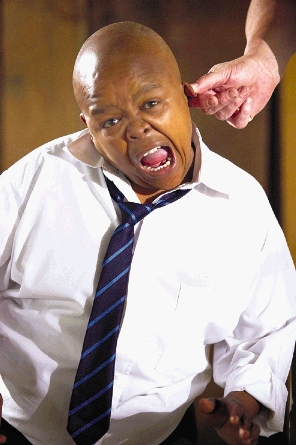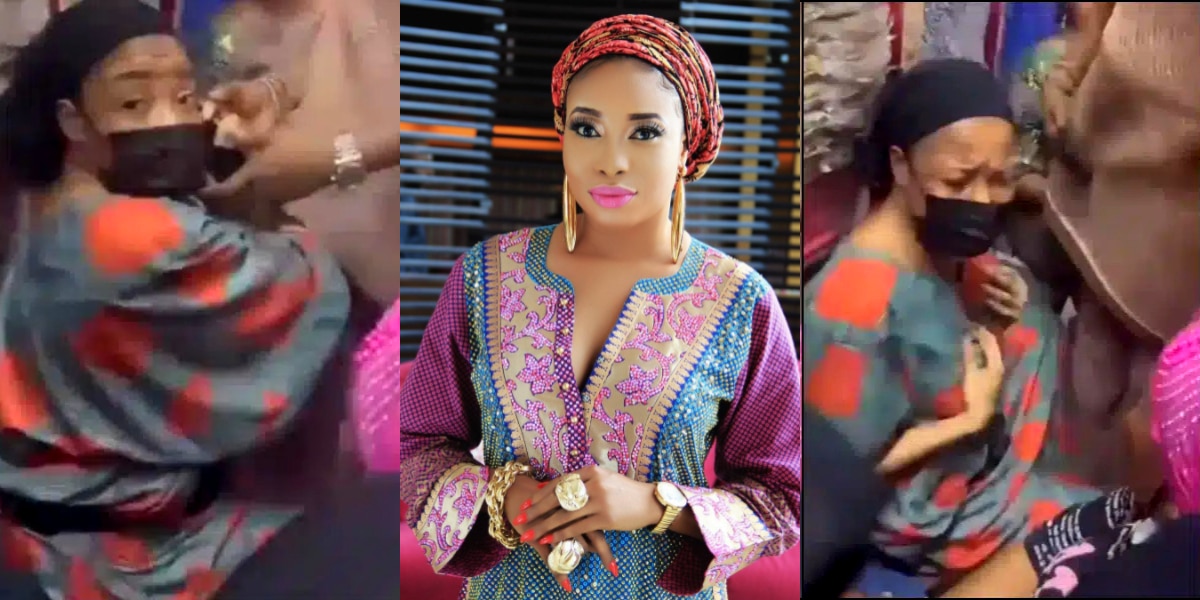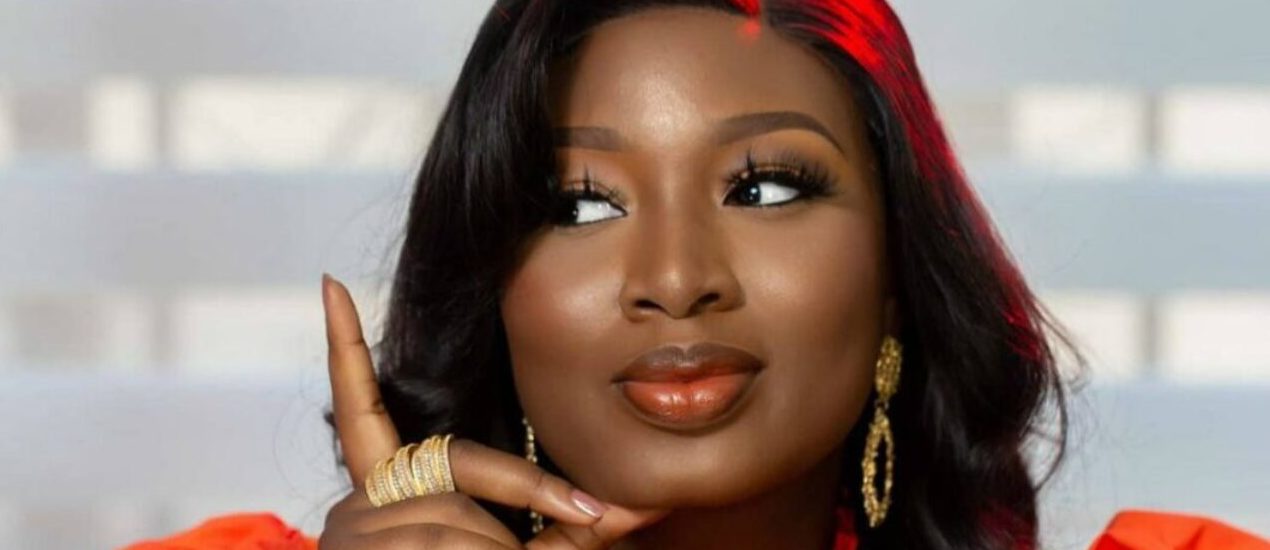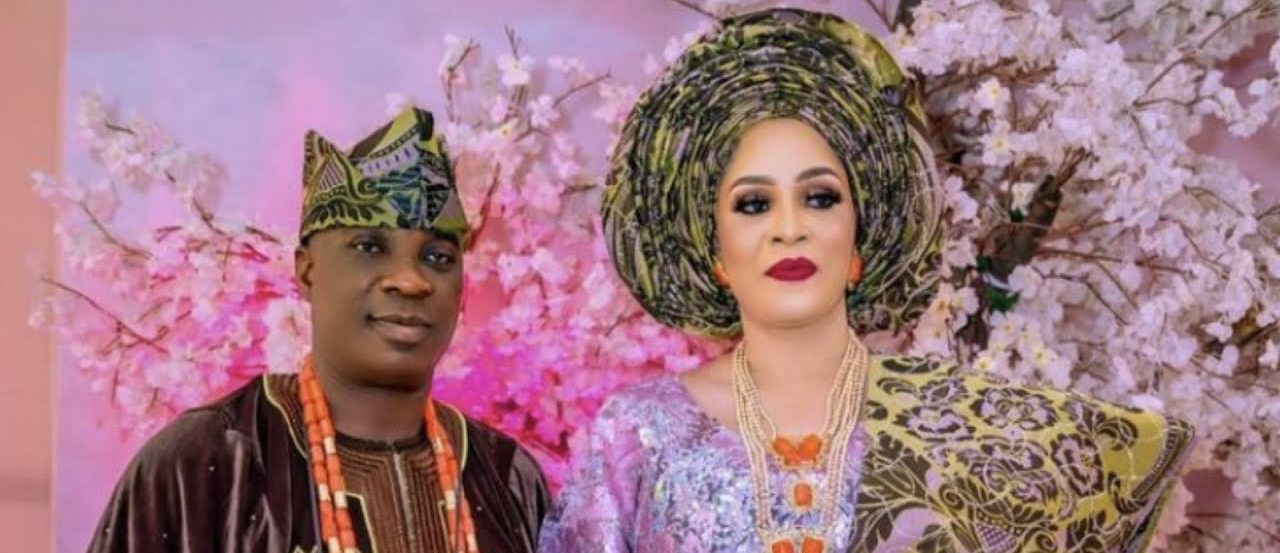Gender relations in Nigeria are characterised by a lot of imbalance, to the disadvantage of women. This is the twenty-first century, Yet tradition, culture, religion and other factors have continued to widen the disparity between Nigerian men and women, by keeping women in a subordinate position to men. The larger society and the male subculture still see women and their aspirations as subordinate, resulting in a situation in which the marginalisation, trivialisation and stereotyping of women are glaring aspects of Nigerian life.
The Nigerian men have always believed that Nigeria belongs to them and women are at best the rent-paying tenants.
Over the centuries, women have struggle to say no to the misconception.
In Nigeria, men produce an overwhelming majority of the messages in the mass media. At the turn of the country, a staggering ninety-five per cent of the journalists reporting the news in the country’s radio, television and newspapers are male.
Questionnaires completed by ten female employees from four broadcast stations in Nigeria revealed that, despite some growth in female employees from four broadcast stations in Nigeria revealed that, despite some growth in female employment in areas such as programming, the status of women in the broadcast industry in Nigeria reproduces women’s subordinate status I the broader society.
For every one woman employed in the state radio stations and state and federal television stations, there would be seven male employees.
Female journalists are concentrated in the lowest status positions and rend to be relegated to coverage of women’s and social issues rather than news and current affairs.
In terms of people in the news, women are equally invisible, as findings show a very low participation of women in news making.
The fact that women make up at least fifty per cent of Nigeria’s population is not reflected in the number of women who make news in the mass media.
Women’s invisibility in the news is also reflected in newspaper coverage.
Not only that. In the area of home videos or the film industry, women are been portrayed as house helps, house wives who are only good at or specialised at rearing children alone, but as medical doctors, or engineers.
Even at social gatherings, the Nigerian woman is been looked down on. If a woman sits among men and crosses her legs, it would be said that she lacks respect. And in some societies, there will be consequences, serious consequences that may even lead to death or banishment from the society.
Another example is in the northern part of the country where Sharia law is mainly been imposed on women. Where men are been sitted, a woman is not expected to be there. Even when men speak, a woman is meant to keep quite even if she has something important to say.
So also, in the north, if a woman gets pregnant out of wedlock, she would be stoned to death. And its also been said that; if a woman gets raped by a man and she’s not able to prove with evidence by pointing out four men as her witnesses, she would be found guilty and the end result is death. Even if there are two witnesses, it wouldn’t make any difference as far as they are not up to to four men who witnessed the episode. Then man would walk away a free man.
Apart from these, female kids or children are been given out to early marriages in the northern part of the country. For getting the fact that it is child abuse and it would also have other psychological effect on the female child. It’s been deduced that the female child or woman in nature has no say whatever decision that is been taken.
Also, in the political sphere, women are also been shut out from key positions like being the president or vice president of the nation, being the senate president and many more.
Since men are the head of the house, women are now looked upon as slaves who must not have equal rights with the master. Forgetting the fact that they were also created by the some God who created man.
In other words, they have same rights as an existing being.
What should be done in situations like this is that, the Nigerian woman requires all the help she can get to free her from the forces that subjugate her in the wider society and in the media of mass communication, which are powerful instruments for creating and reinforcing images of reality.
Any groups or individuals who are concerned enough to fight for improvement of the rights of women, should themselves be encouraged nationally and internationally.
Apart from that, greater visibility of female broadcasters in the higher ranks of the industry and in news-oriented reporting positions is essential to undercut stereotypes of women as wives and mothers only.
Urged is a conscious effort on the part of the Nigerian broadcasting industry to attract more women to the field and provide them with the training needed to career advancement.
Women should also be featured as specialists in various fields like medicine, engineering, architecture and many more too numerous to mention.
The adage ‘a woman’s education ends in the kitchen’ should also be stopped. Portraying women as house helps or house wives only in the film industry should also be stopped for they are better than that.
After all, the German chancellor is a woman. Even the head of England is a woman known as Queen Elizabeth the second. And yet, the two countries are doing well and orderly in nature. But in the case of Nigeria, women are always seen as the weaker side and is incapable of anything good.
If all the afore mentioned portrayal of women are stopped, I believe that the country will be a better place for people or the citizens to live in.
Ijeoma wrote in from Port Harcourt.
Asigo Agnes and Ndubuisi Ijeoma


















